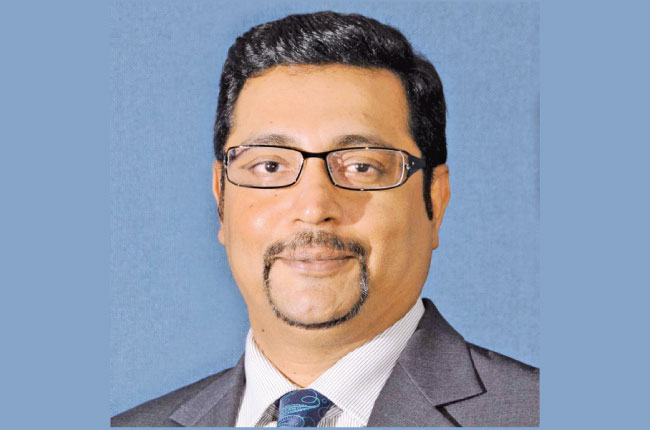As Sri Lanka gears up for the implementation of its reformed VAT system starting January 1, 2024, businesses are closely examining the ‘time of supply’ rule, a critical component of these changes. This rule dictates when a transaction is considered to have occurred for VAT purposes, significantly impacting how companies will navigate the transition from the old to the new VAT regime.
KPMG Principal Suresh Perera, a leading voice in tax advisory, emphasizes the importance of this rule. “Understanding the ‘time of supply’ is crucial for businesses as they adapt to the new VAT landscape,” he notes. “It determines whether a transaction falls under the pre-2024 exemption list or the updated VAT rates. This clarity is essential for maintaining compliance and avoiding potential pitfalls.”
Perera was speaking on December 14 at the KPMG on Value Added Tax following the passing of the bill. The time of supply rule’s centrality becomes evident when considering how it affects transactions spanning the implementation date. For example, a supply made on December 31, 2023, will be subject to the old VAT regime, while a supply made on or after January 1, 2024, will follow the new regulations. This clear demarcation demands careful planning and record-keeping from businesses, particularly those dealing with continuous supplies or services spanning these dates.
The date of the invoice, payment receipt, or delivery – whichever occurs first – will determine the applicable VAT rate. This becomes especially relevant for long-term contracts or services rendered over an extended period.”
The VAT reform, while broadening the tax base by removing exemptions on several items like IT services and consumer electronics, retains critical exemptions for sectors like healthcare and education. This selective approach aims to balance revenue generation with societal needs. However, the introduction of these changes amidst economic challenges has led to heightened scrutiny of the government’s tax policies. Perera advises businesses to proactively engage with these changes. “Early preparation and understanding of the time of supply rule can significantly ease the transition,” he suggests. “The prudent thing is making your purchases before December 31.”
The deferment of the SVAT abolition to April 1, 2025, initially included in the bill, remains a point of discussion. Perera views this as a pragmatic move, providing businesses additional time to adjust to the broader changes in the VAT system. TP







